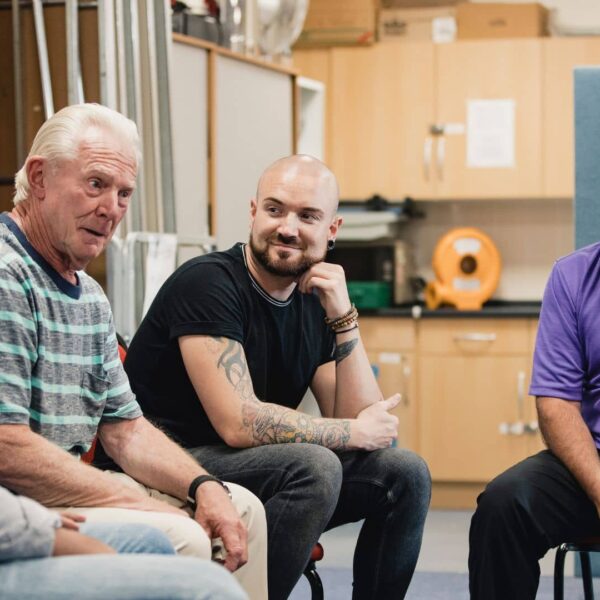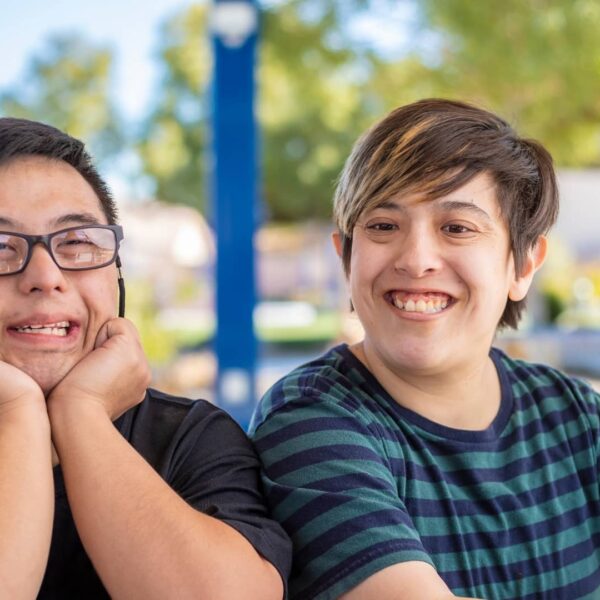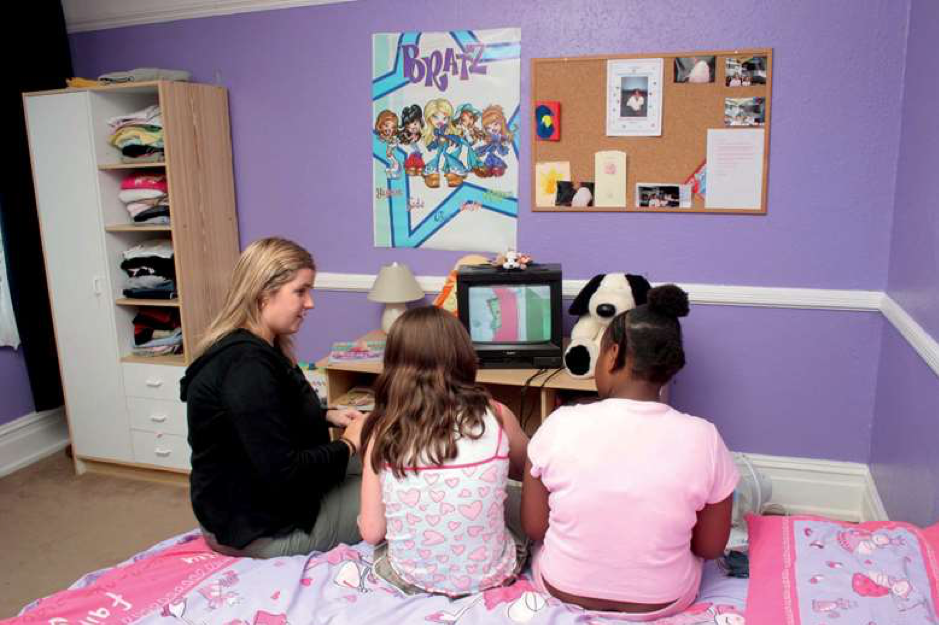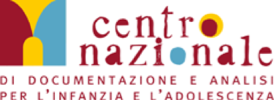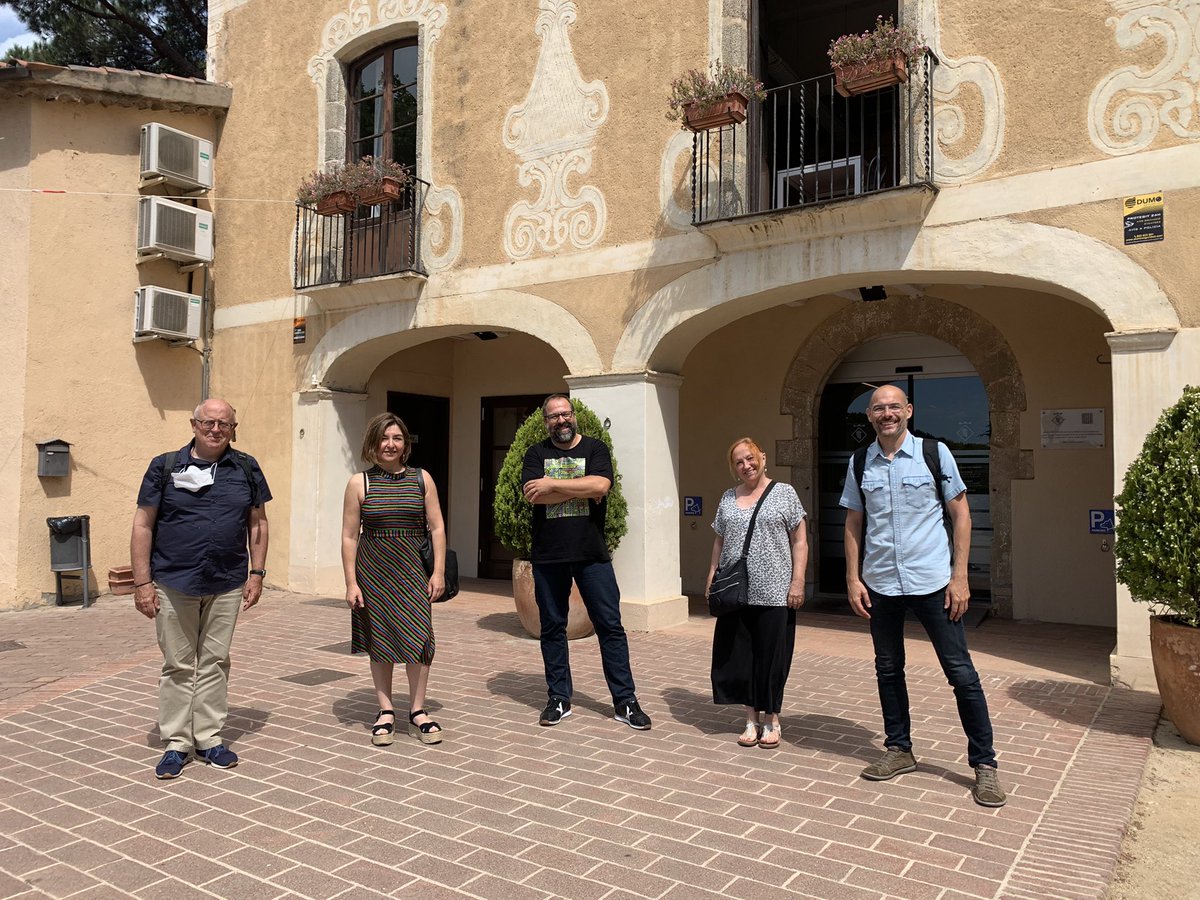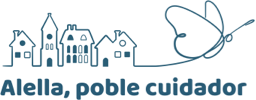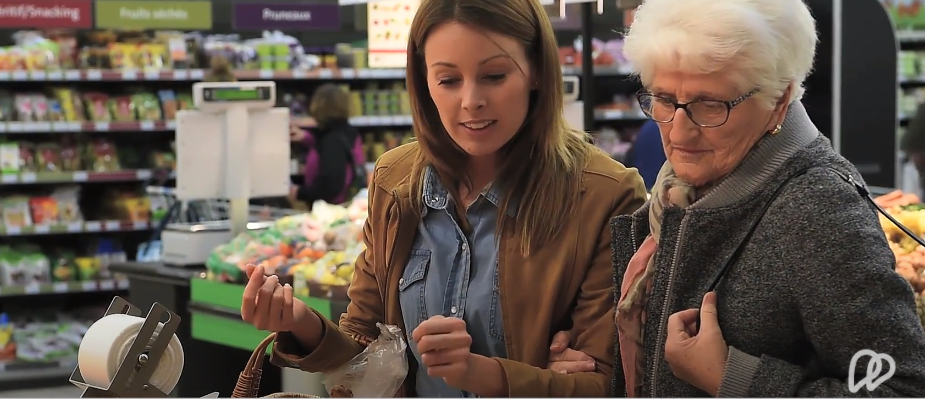Vila Veïna, a new public community care system
Vila Veïna, a new public community care system
Barcelona City Council
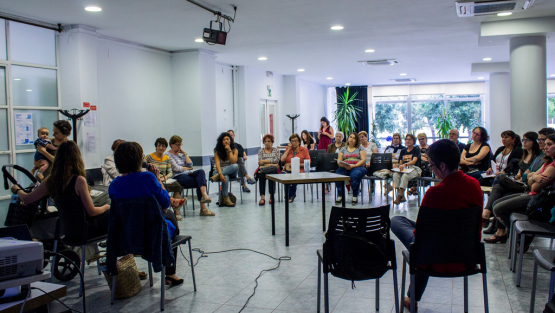
A new public care system in the city of Barcelona that aims to achieve a model of social and health care that is smaller and closer to the users.
To achieve this, it structures the service in a set of “Super Islands” of care, which encompass a group of houses and neighborhoods of between 10,000 and 30,000 inhabitants, with a reference point located in an open community space (for example, a library) to manage the needs of service users in an integrated manner. Thanks to this new innovative service model, professionals enjoy greater autonomy in the organization and management of their work, since they know the users more closely and are able to deal more directly and satisfactorily with all of them.
Each Vila Veïna has the essential services and benefits related to care in a centralized manner, in order to be able to deal with them closely. It also has emotional support groups and a resource bank for the care of children and the elderly, which provides material such as crutches, cradles, wheelchairs and other items necessary for the care of children and the elderly. It also offers legal and employment advice for caregivers and families in need, as well as talks and outdoor activities. The aim is to provide caregivers with access to information about existing services, as well as to create communities of care and proximity.
Each Vila Veïna has a professional who dedicates his or her working day to promoting networking, programming activities and attending to citizens in relation to care. The new profile of this professional is essential in innovation and requires a set of skills for community activation, as well as knowledge of municipal administrative systems and other administrations.
The project is aimed at the entire population living in the territory, because it is based on the idea that ‘we all take care of each other’, and the goal is to achieve a more caring community with all the people who are part of it.
In short, it is an innovative model that humanizes services and contemplates the participation of people, both caregivers and those receiving care, who are part of a community network and co-responsible for the collective welfare.
By 2022 there will be 12 Vila Veïna spaces in the city of Barcelona, and the goal is to have 115 throughout the city in the future.
Characteristics of innovation
Localization
Barcelona
Partners / Funders
Barcelona City Council
Genesis
The project began in May 2021, promoted by the Social Rights area of the Barcelona City Council, with the aim of addressing care in small territorial units. During the Covid-19 pandemic, citizens became more aware of the importance of care and of the invisible work done by thousands of people, mostly women, mainly for children and the elderly, since these are the two age groups in which care is particularly relevant. The project was intended to reinforce the strategy initiated by the City Council in 2020 to move the Home Care Service (SAD) to the neighborhoods, with the aim of offering more proximity and more personalized help.
This new model aims to establish small professional teams in residential areas, thus avoiding the costs derived from travel, reference teams or communications, and favoring the creation of a community of proximity care.
Level of implementation
There are currently four VilaVeïna spaces in the city of Barcelona: El Congrés i els Indians, La Marina, Provençals del Poblenou and Vilapicina and Torre Llobeta. The forecast is that they will be established in all districts of the city (16 territorial units) progressively until 2023. The second phase of this project will begin in 2022 and 12 more Vila Veïna spaces are planned to be created to provide this service to 320,000 citizens.
The project is supported by the Universitat Autònoma de Barcelona for the evaluation, which will include an impact assessment.
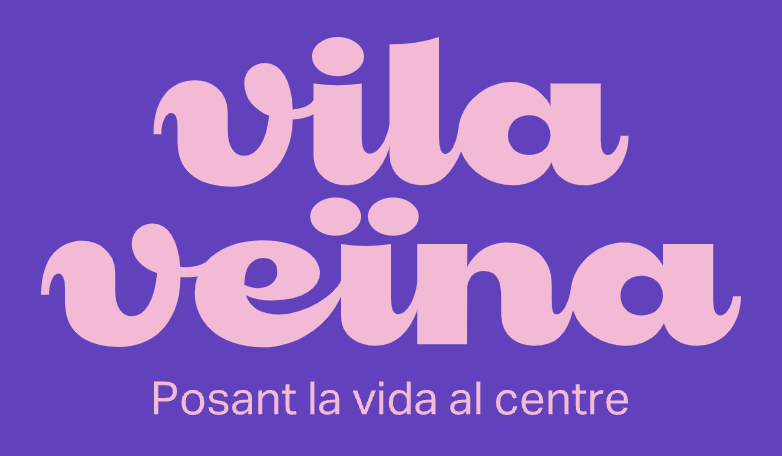
Banc d’innovacions





